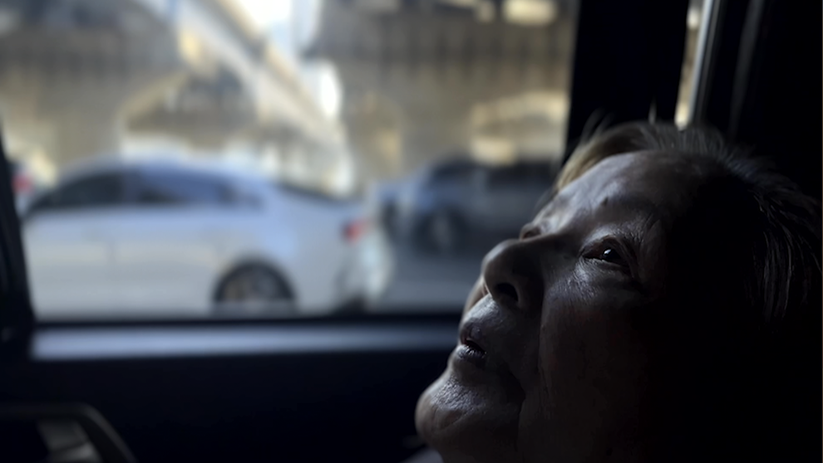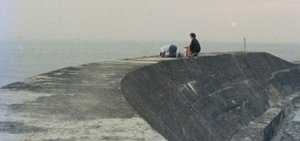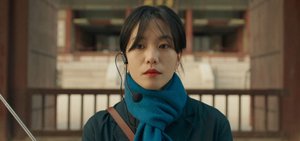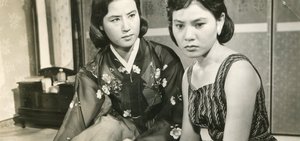Voices of the Silenced (UK Premiere)

되살아나는 목소리
Korean Film Nights : MA-EUM (마음)
This film delves into the historical experiences of Park Soo-nam, born in colonial-era Japan, retracing the journey and the history of ZainichiーKorean in Japan. Through the lens of two 16mm documentary films shot since 1985 and the restoration of unreleased footage, spanning 100,000 feet, it resurrects the testimonies of witnesses. The film raises questions for audiences, probing what was lost through colonisation and war, and serves as a record of the struggle to reclaim those losses.
Shedding light from the past to the present, the film challenges us to ponder the essence of documentary filmmaking. It raises inquiries about the significance of reclaiming what was lost in the face of historical injustices.
This film is a collaborative effort between the director, Park Soo-nam, who has now lost her eyesight, and her daughter and co-director, Park Maeui.
Screened at the 74th Berlinale’s Forum Special of the Berlin International Film Festival and winner of the Mecenat Award at the Busan International Film Festival 2023.
A second-generation Korean Japanese, Park Soo-nam was born in the Miyagi Prefecture, Japan, and first gained fame as a bestselling author with her book Crime, Death and Love (1963), which focused on a second-generation Korean Japanese death row inmate. She also wrote Joseon Hiroshima Banilbonin Nae Yeohaengui Girok (1973), which dealt with the experiences of Korean victims of the atomic bombing in Hiroshima. In 1985, she made her debut as a documentary director with The Other Hiroshima, Korean A-bomb Victims Tell Their Story, followed by Song of Ariran - Voices from Okinawa (1991), and Nuchigafu – Life is a Treasure “Gyokusai” Stories in the Battle of Okinawa (2012). In 2016, her film, The Silence (2016), was invited to the Seoul International Women's Film Festival and won the Brave Goose Award at the DMZ International Documentary Film Festival.
Director Park Maeui is the daughter of author/director PARK Soo-nam. She collaborated with her mother from her teenage years on several film productions. When her mother lost her eyesight, PARK took on video editing and film restoration tasks. She served as the associate director for Nuchigafu—Life is a Treasure “Gyokusai” Stories in the Battle of Okinawa (2012) and handled the editing and production for The Silence (2016).
Korean Film Nights (KFN) is a year-round programme of film screenings, mini-lectures and discussions organised by the Korean Cultural Centre UK that guide audiences through different aspects of Korean cinema and culture. This year we explore the Korean documentary form with our new season, Ma-eum (마음), curated by MA film students from Birkbeck, University of London.





